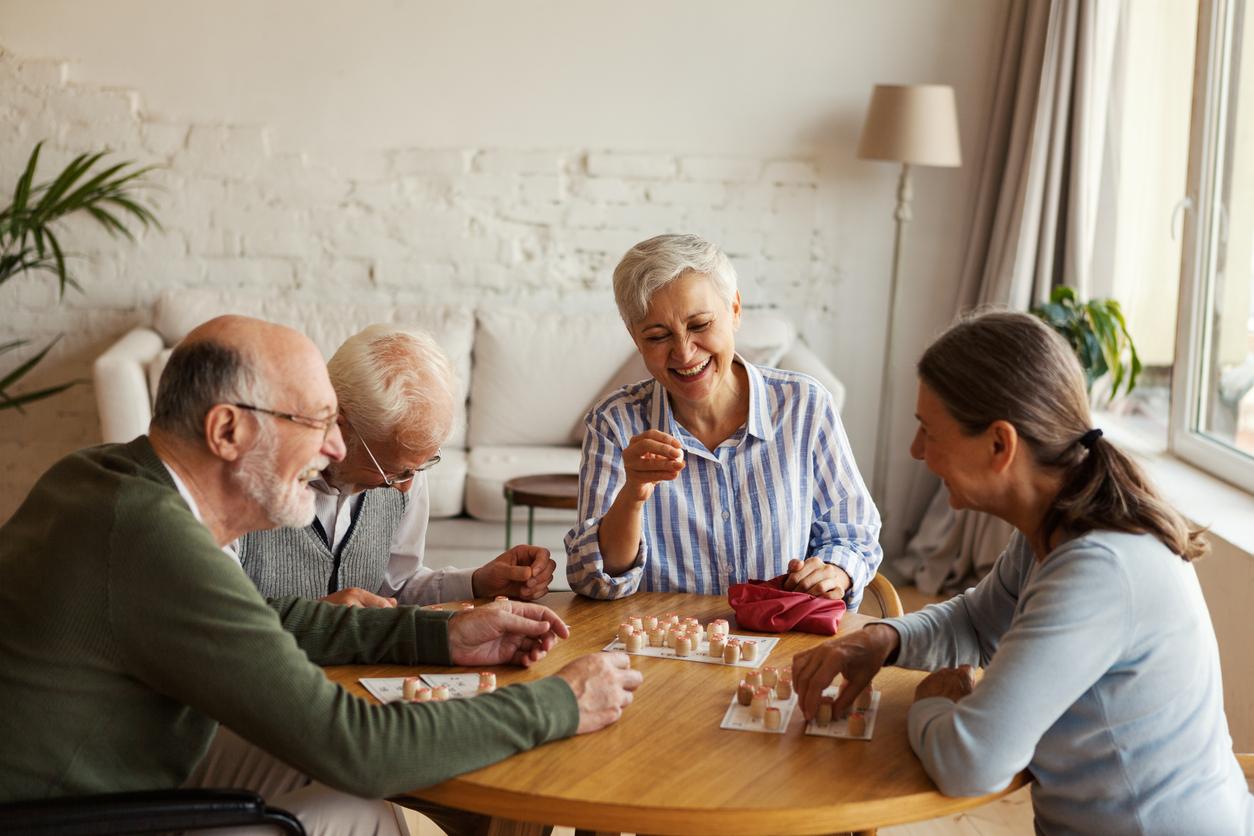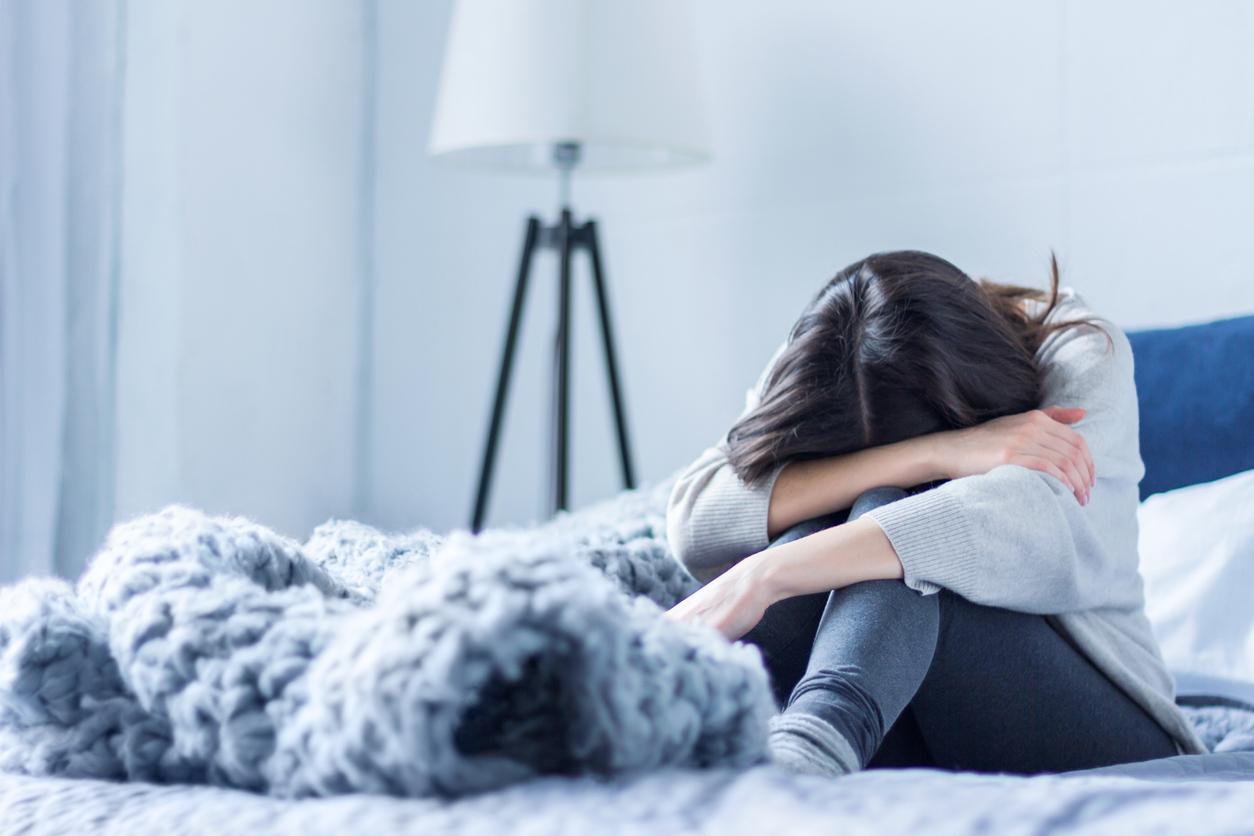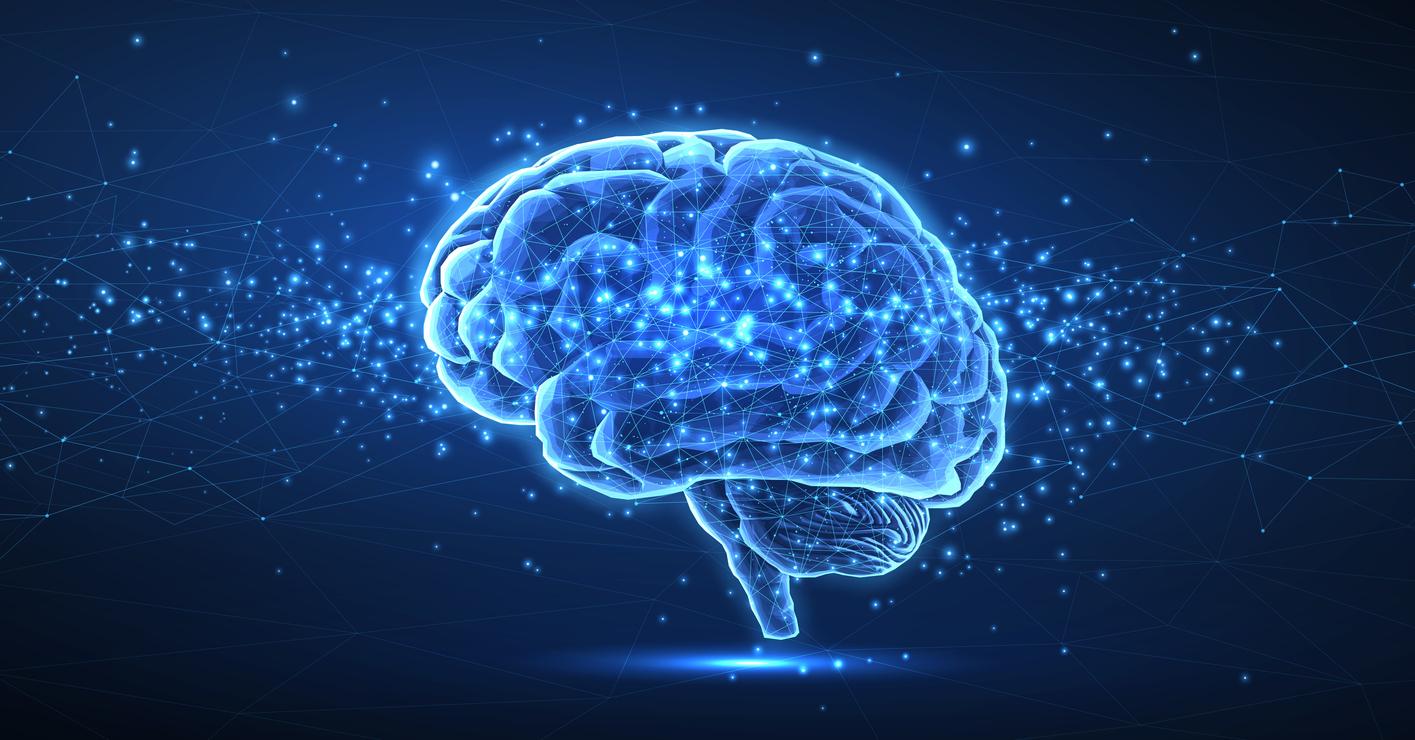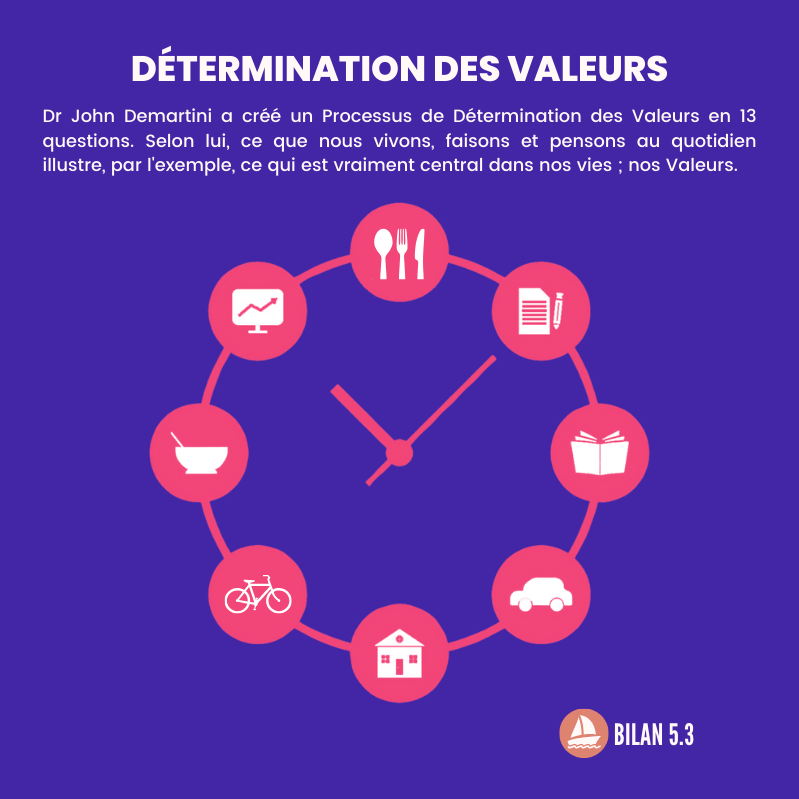Dec. 17, 2002 – Aromatherapy and light therapy sessions may play an important role in treating people with dementia, researchers conclude in the Dec. 7, 2002 editorial of the British Medical Journal1 (BMJ).
Most older people with dementia develop psychiatric or behavioral problems such as restlessness, aggression, depression, sleep disturbances, sensory illusions, hallucinations and the risk of running away. They are then given drugs such as neuroleptics, but they have side effects. In this context, it becomes interesting to resort to alternative and complementary medicine.
Among the alternative approaches explored, the most promising are aromatherapy and light therapy2. For each of these therapies, three clinical trials have been carried out and all have produced conclusive, sometimes even remarkable, results. This is the case of a study (with a control group) 3 in aromatherapy with 72 people with severe dementia. 36 people were randomly given lemon balm essential oil and 36 people were given a placebo (sunflower essential oil). Sixty percent of people in the first group experienced a 30% decrease in agitation according to the “Cohen-Mansfield Inventory,” a method measuring three forms of agitation: verbal agitation, physical agitation without aggression, and agitation aggressively. Among the control group, only 14% of people experienced a similar decline. People in the first group also significantly improved their sociability and increased their time devoted to constructive activities. During the study, no side effects were noted.
Studies using light therapy in people with dementia have all found a significant reduction in sleep disturbances. Thus, a study4 Using light therapy for one hour each morning over a four-week period increased participants’ average night’s sleep from 6.4 hours per night to 8.1 hours per night.
According to the authors of the editorial in BMJ, such results are promising. ” Symptoms [de la démence] often need to be treated expeditiously and drugs, although moderately effective, can be dangerous. In comparison, the use of aromatherapy and light therapy appears safe and effective. ”
Stéphane Gagné – PasseportSanté.net
According to Intelihealth, December 6, 2002.
1. Burns A, Byrne J, Ballard C, Holmes C. Sensory stimulation in dementia. BMJ 2002 Dec 7; 325 (7376): 1312-3. [consulté le 13 décembre 2002]
2. Light therapy involves exposing patients to high intensity light (10,000 lux while normal office intensity is 300 lux) for a limited period of time.
3. Ballard CG, O’Brien JT, Reichelt K, Perry EK. Aromatherapy as a safe and effective treatment for the management of agitation in severe dementia: the results of a double-blind, placebo-controlled trial with Melissa.J Clin Psychiatry 2002 Jul; 63 (7): 553-8. [consulté le 13 décembre 2002]
4. Lyketsos CG, Lindell Veiel L, Baker A, Steele C. A randomized, controlled trial of bright light therapy for agitated behaviors in dementia patients residing in long-term care.Int J Geriatr Psychiatry 1999 Jul; 14 (7): 520-5. [consulté le 13 décembre 2002]

















